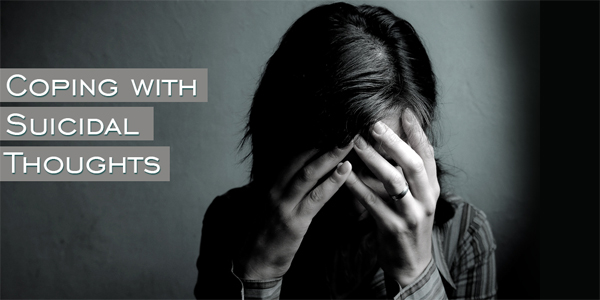Did you know…?
Global Research indicates that more people die from Suicide than from War and Murder combined
It isn’t customary to have suicidal thoughts but many people still have them during the saddest and most depressing phase of their life. Having momentary suicidal thoughts is not necessarily a character defect, and it doesn’t mean that you are crazy, pathetic or flawed. It only means that you are in a state of extreme emotional distress which appears to be permanent. When this happens, it is important to acknowledge that circumstances in life never remain the same, it keeps changing and in time your emotional state will also progress and transform into a positive frame of mind, no matter how hopeless it feels right now.
With timely support and proper guidance, the misery of a suicidal person can be reduced to a large extent.
All you need to do is ask for it
If you are going through a very difficult phase in life which is making you question your existence in this world, the best thing you could do for yourself is to get professional help but if you feel you aren’t ready to take that step, the second best option would be to open your heart out to a family member, best buddy or any other trustable source.
Keep yourself occupied by participating in activities that are emotionally gratifying for you and will keep your mind away from depressing thoughts. Take a break from your routine life and go on a relaxing vacation, if possible with a family member or a friend who could accompany you everywhere. Spend some time exploring the beauty and peace of nature. Spiritual healing therapy is also extremely effective in helping people with suicidal tendencies.
Remember…Depression feels permanent, but it is transitory. Nothing stays the same, not even your feelings. Giving up on life may seem to be an easier option for the moment but your emotional state is bound to get better in coming days, weeks and months.
Free your home from things that you could use to hurt yourself such as pills, knives, razors, or firearms. If unable to do so, go to a place where you can feel safe.
In times of depression, any kind of external help seems feasible which is why most people turn to illegal drugs, non-prescription medication and alcohol for relief. This could be the worst move for your health and wellness. Suicidal thoughts can become stronger when a person is in an intoxicated state.
Seek help from an expert counselor or call a suicide hotline. They are a very helpful resource and can connect you with a therapist who will lend you a sympathetic ear to discuss your problems in a safe environment.
Remember… You are not the only one struggling with suicidal thoughts. At this moment there are hundreds and thousands across the globe who may be going through a similar emotional state. If all things negative in life is what is putting you down at the moment, think about all things positive to look forward to. Think about the people you love the most who would be severely hurt if anything bad happens to you. Think about a beloved pet that needs your love & care for survival. Think about your goals/aspirations that are yet to be accomplished.
Take some time to think about these reasons that would make you want to continue living. Life is beautiful only if you wish to see it that way
Take a good hard look at your life and the people in it. May be it will help you acknowledge that ‘Your Life Means More Than You Think’…!


